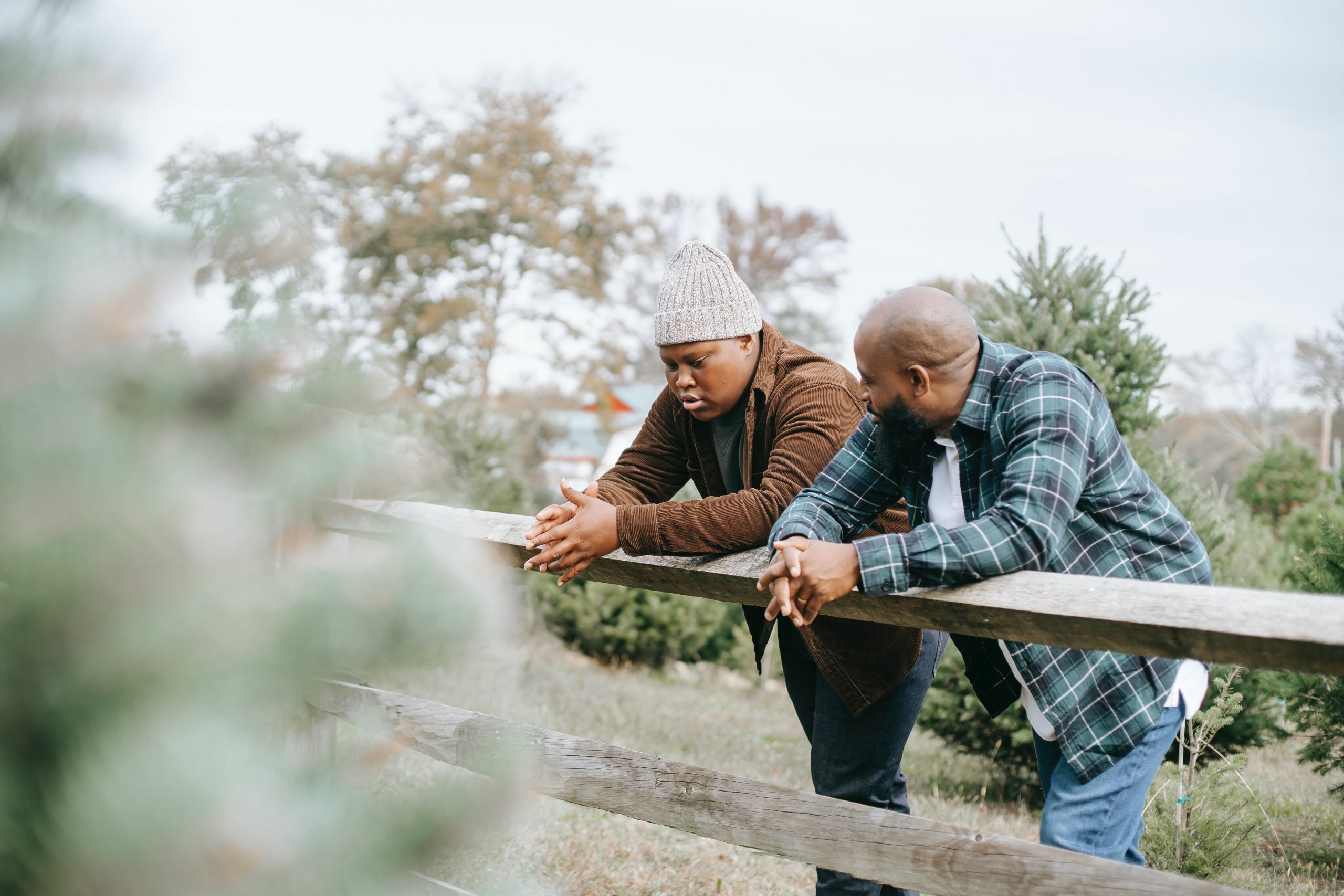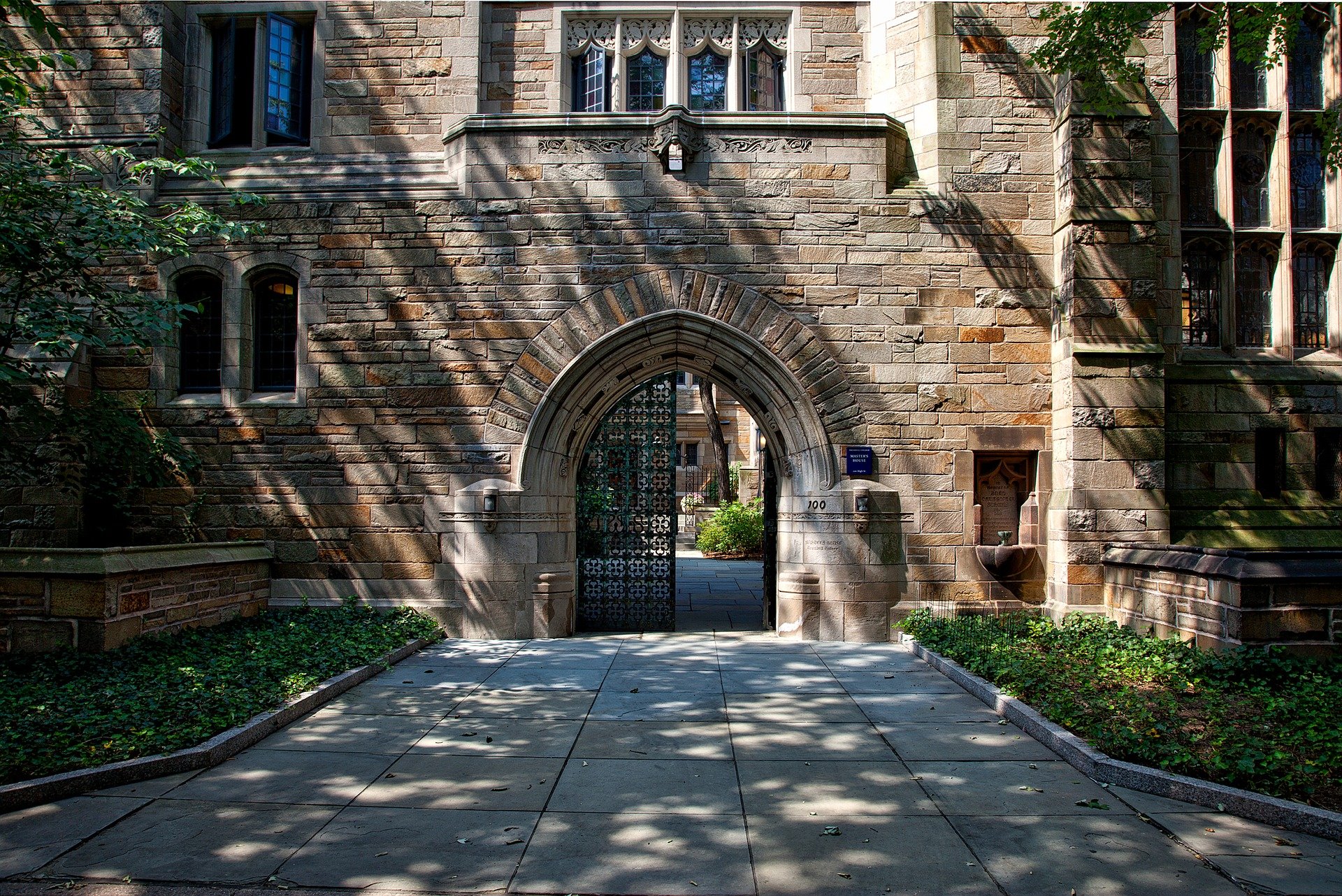Advice for Parents of Incoming College Students: What You and Your Child Need to Know About Sexual Assault and Harassment
August is upon us and millions of college students across the country will be beginning their fall terms, including many first-year students who have just become adults and have spent little time away from their families or communities. If you are a parent of an incoming student, you may be helping your child pack, stock up on ramen, move into their dorm, and get oriented to a sprawling and likely overwhelming college campus. While you are preparing your child for a new stage of their life and hopefully independence and responsibility, this is the time to familiarize yourself with the college’s policies on sexual assault, harassment, and other misconduct. Two years ago the U.S. Department of Education (DOE) issued regulations related to sexual misconduct on campus (for a summary see our blog posts here); and here in Massachusetts a new law went into effect last year, changing how schools are required to handle sexual misconduct cases. It is important to ensure that your child is aware of their school’s specific rules and knows their rights and responsibilities, as well as the risks of any criminal exposure that may arise from sexual behavior.
 Boston Lawyer Blog
Boston Lawyer Blog

















